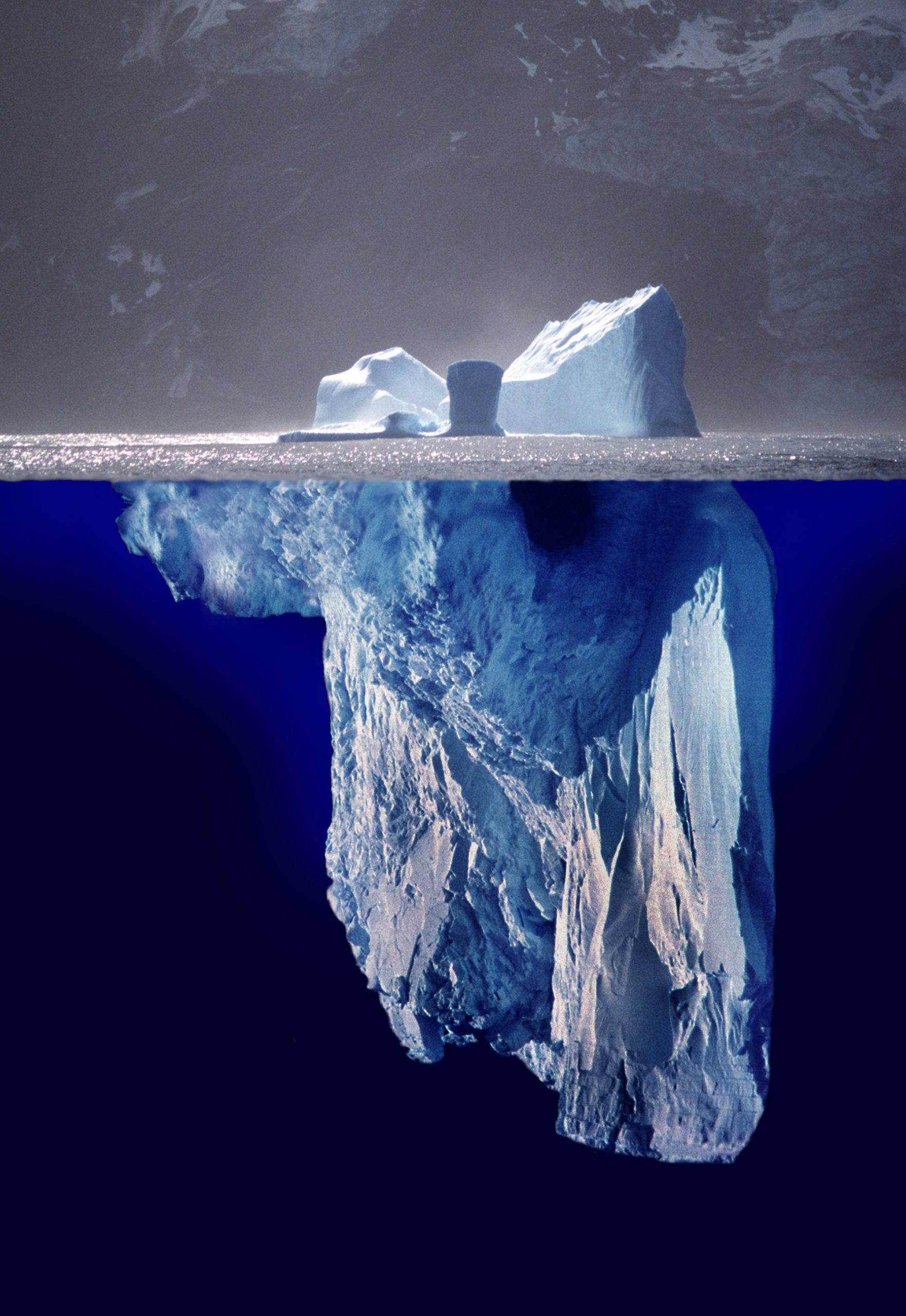Author: akshay
-
Don’t Jump On Private Healthcare
People from Koodam asked for opinion on the PIL in Supreme Court regarding fees in private hospitals (and clinical establishments act). They shared a folder collating views of various individuals, including this excellent working paper which I refer to in the text below as Oxfam publication. *** Hi Gayatri, I went through the whole folder.…
-
What is mfc?
A year ago, I asked in mfc‘s own e-group this question. You can read that long email and another long email after a week with more ideas of what mfc is here. It ends with an appreciation of what the website presently says about mfc: It is an organization which has operated for forty eight…
-
Why Medical College Work Culture is So Horrible
A number of junior residents at Jipmer have raised allegations of mental and physical harassment against the head of department, medicine, and called for action against the senior faculty.In recent complaints lodged with the Jipmer Dean (Academics), the residents alleged they were subjected to various forms of harassment at the hands of the department head…
-
How the World Should Be and How the World Is
There are two modes of thinking in society and social work. “How The World Should Be” mode, and “How The World Is” mode. There is a constant friction between these two. This friction explains hundreds of debates I’ve been in and many of my own moral dilemmas. Understanding this friction and being able to categorize…
-
What’s the Most Important Scientific Research?
Post-facto rationalization. That’s something human beings are good at. If you decide to do research in a specific field, you’ll come up with hundred ways to justify why that research is important, if not the most important. I have been listening to Ravikant Kisana the last couple of days. In the podcast episode about Chandrayaan,…
-
What Ails India’s approach to Universal Health Coverage is Elite Solutions That Have No Basis in Reality
“Poorly maintained registers of doctors”. That’s the first five words of the article What ails India’s approach to Universal Health Coverage in Times of India by four people from Vidhi Centre for Lobbying Legal Policy. Let’s talk about that after we look at universal health coverage. “Universal health coverage (UHC) means that all people have…
-

Imaginary Heroes and Why A Radical Commitment to Truth is the Only Solution to Inequity
In my post about truth and Gandhi, I wrote about how a radical commitment to truth is the missing ingredient in the world today. In this post I will elaborate on that. To do this, I’ll first recap what it means, then talk about the “inverted iceberg” model of savarna mediocrity, and finally illustrate what…
-
Being Comfortable With the Non-Binary: A Code of Conduct Case Study
Today morning I woke up to this message in FSCI‘s chat room: What happens here when a member reveals themselves to be a transphobe in another room? 🤔 I immediately said “COC applies”. The FSCI code of conduct, which I have contributed to the making of, is very clear about keeping FSCI an inclusive space.…
-
How To Talk With People
It was just yesterday that I read a book on behaviour change through positive reinforcement. Today I put aside all work and read another book: How to Talk with People: A Program for Preventing Troubles that come when People Talk Together by Irving J. Lee. It was recommended by Parth Sharma in response to my…
-
Don’t Shoot Your Colleagues
Over the course of my life a realization slowly dawned on me about feedback. Negative feedback rarely worked. And positive feedback worked magically! I started noticing this in myself first. I was learning rapidly and growing in environments where all I received was positive feedback. And wherever people were very cynical, I was just lost…